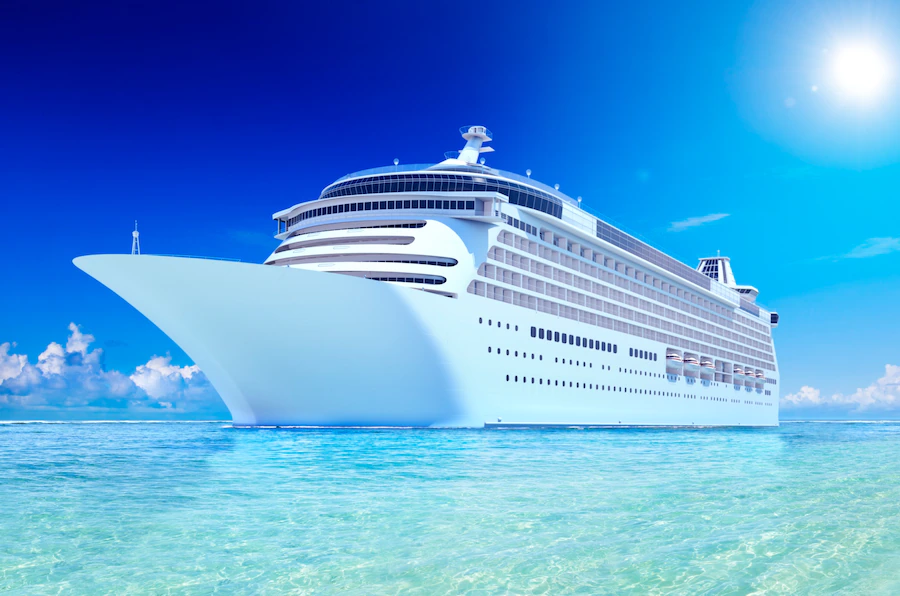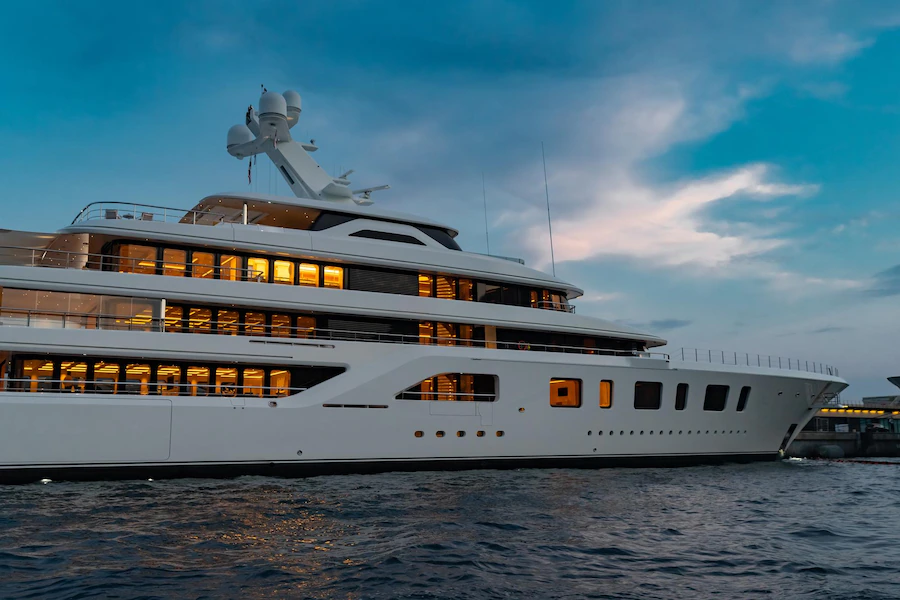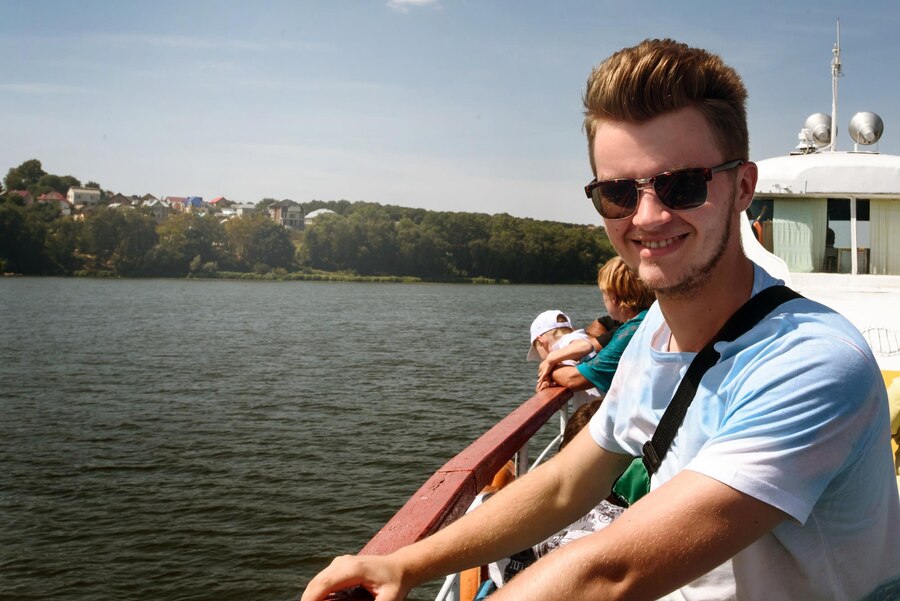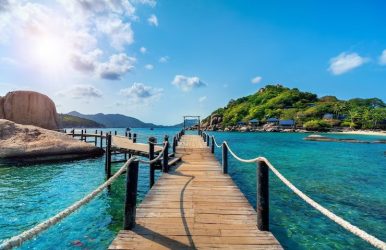Packing Essentials: What To Pack For A Long EV Road Trip, Including Charging Cables, Adapters, And Emergency Tools
BY Nabamita Nov 14, 2023
Are you planning an exciting and long-distance road trip with your electric vehicle (EV)? How exciting! There's nothing like hitting the open road in a zero-emission, eco-friendly car? But before setting off on the journey of a lifetime, there are some essential items you should remember to pack that will make your time on the road smoother and more enjoyable. To ensure your EV adventure is as smooth sailing as possible, we provide helpful tips for those crucial packing essentials for a successful EV road trip - from charging cables to storage bags. So, if you are getting ready for an epic journey with your beloved ride, read ahead for all our top picks! Safety Items Safety always comes first, which is no different when embarking on a long EV road trip. Here are some items to include in your pack that will give you peace of mind during the journey: First Aid Kit First and foremost, every road trip should have a well-equipped first aid kit. This might include band-aids, antiseptic wipes, tweezers, medical tape, and pain relievers. A first aid kit can be a lifesaver in case of minor injuries or health issues. Fire Extinguisher Another safety item you should always have in your EV is a fire extinguisher, specifically suitable for electrical fires. Although electric vehicles are less likely to catch fire than traditional ones, it's better to be prepared in emergencies. Reflective Warning Triangles Reflective warning triangles are also essential for safety during your road trip. Should you have to stop at the side of the road, these triangles can warn other drivers of your presence, especially during the night or in poor visibility conditions. Tire Repair Kit A punctured tire can happen anytime, and it's only sometimes possible to find a service station quickly. Therefore, a tire repair kit can be a handy tool to fix the issue temporarily until you can reach a professional for help. Pack for Different Climates When embarking on a lengthy road trip, you're likely to encounter a variety of climates and weather conditions, hence the need for appropriate preparations. Warm Weather Gear For sunny, warm climates, pack lightweight and breathable clothing. It's also wise to include a broad-brimmed hat for sun protection, sunglasses, and high-SPF sunscreen. Hydration is vital in these climates, so ensure you have plenty of bottled water and a cooler box to keep your drinks chilled. Cold Weather Gear In contrast, if you're likely to experience colder climates, thermal clothing, warm hats, gloves, and scarves are essential. Ensure you have a warm blanket or two, as well as a thermos flask for hot drinks. To aid vehicle handling in icy or snowy conditions, consider carrying tire chains. Wet Weather Gear In wet climates or during rainy seasons, waterproof clothing is a must. Pack a high-quality raincoat and waterproof trousers, as well as an umbrella. It's also worth carrying a set of absorbent towels for drying off any rainwater that might get inside your vehicle. By preparing for various climates, you'll ensure a more comfortable and enjoyable journey. Food & Water Essentials When setting off on a long road trip, you must remember your sustenance needs. Here are some ideas of what to include in your food and water essentials: Bottled Water and Hydration Packs Always pack plenty of bottled water for your journey to stay hydrated throughout. If you're planning on travelling through particularly hot climates, consider hydration packs. These are reusable, eco-friendly, and keep your water cool. Related: 6 Expert Packing Tips That Will Make Your Trips More Fun Non-Perishable Snacks Non-perishable snacks are a road trip's best friend. Choose options that are high in protein and fibre to keep you feeling full longer, such as mixed nuts, protein bars, dried fruit, and whole grain crackers. Pack enough for your entire journey, with a few extras for good measure. Ready-to-eat Meals While you're likely to stop at restaurants or fast-food joints along the way, it's always a good idea to have some ready-to-eat meals packed. These could be canned goods (think beans, soup, tuna), pre-made sandwiches, or microwaveable meals if your accommodation has the facilities. Reusable Cutlery and Plates In the spirit of eco-friendliness, pack reusable cutlery and plates for your meals and snacks. Not only does this reduce your environmental impact, but it also means you're always ready for a picnic wherever you may find yourself! Cooler Box Finally, a cooler box is a must-have for any lengthy road trip. It will help keep your water, snacks, and meals cool and fresh, especially in hot weather. Some advanced coolers even have a heating option, perfect for warming up those ready-to-eat meals. Entertainment for long drives. Long journeys can sometimes be a bore, especially when traversing long stretches of road with little to see. That's where entertainment comes in. Music, Audio Books, and Podcasts On long road trips, audiobooks and podcasts make great companions. They keep your mind engaged and make the journey educational and entertaining. Remember to download a mix of genres for variety. Music is a classic companion, too. Create playlists with your favorite pop, rock, country, or classical tunes to keep your spirits high. You can also explore streaming services with curated playlists for long drives. Portable Gaming Devices If you're traveling with kids, portable gaming devices can be a lifesaver. They offer a fun distraction and can keep children engaged for hours. Just ensure the games are age-appropriate and devices are charged or have charging capabilities. Charging Cables and Adapters In this digital age, staying connected is crucial, even on a road trip. So, pack the necessary charging cables for your electronic devices like smartphones, tablets, laptops, and gaming devices. Carry a few extra cables in case of loss or malfunction. Remember to use a car charger or power bank to keep your devices powered up. If crossing country lines, bring travel adapters for charging in any socket type. Stay connected, access GPS, and enjoy entertainment on the go! Travel Board Games Travel-friendly versions of board games are excellent for taking breaks along the way. Whether it's Scrabble, Chess, or Monopoly, these games can provide fun and interactive entertainment during rest stops. Comfort Items for Road Trips When embarking on a long journey, comfort is paramount. It can make the difference between a taxing ordeal and an enjoyable adventure. Here are some comfort items you should consider bringing on your journey. Travel Pillows Travel pillows are a must for long journeys. They support your neck and head, making it easier to rest or even sleep during travel. There are a variety of types available, from inflatable ones that save space to memory foam pillows that offer ultimate comfort. Blankets Even if you're travelling in summer, a blanket can come in handy. It can provide additional comfort when you need to sleep in the car or encounter unexpectedly cold weather. Consider packing a lightweight throw or a fleece blanket. Portable Seat Cushion Long hours of sitting can put stress on your back and hips. A portable seat cushion can provide additional support and comfort during your road trip. Conclusion Preparing for a long road trip involves more than just packing clothes and toiletries. It's essential to consider various climates, pack food and water essentials, bring entertainment for long drives, and ensure comfort items are on hand. With proper preparation, you can have a smooth and enjoyable journey on the open road. Happy travels! Read Also: Things To Do In Rocky Mountains National Park 15 Best Places For Adventure Dates With Your Loved One 20 Of The Best Places To Travel In Africa In 2024















